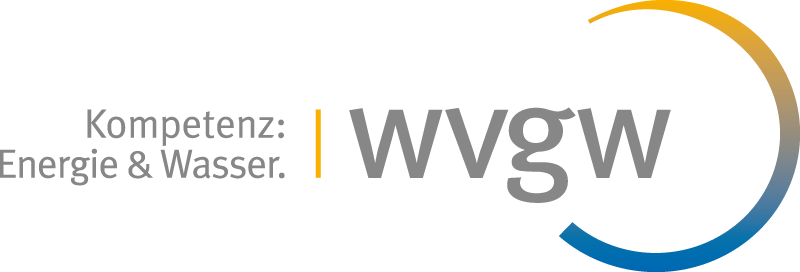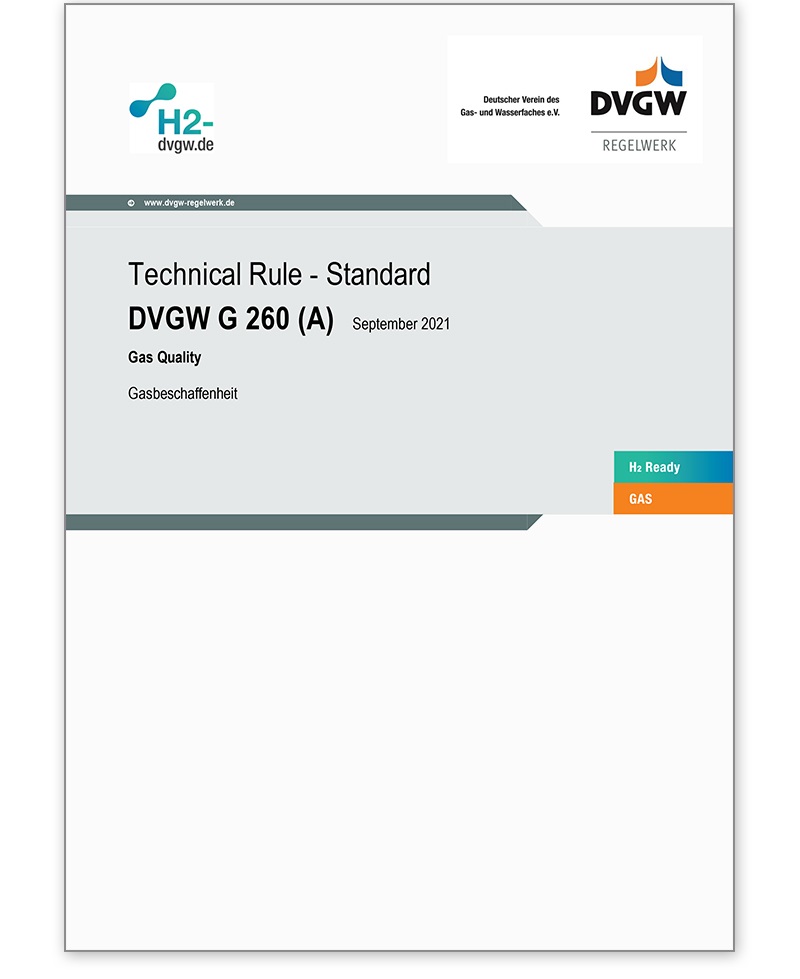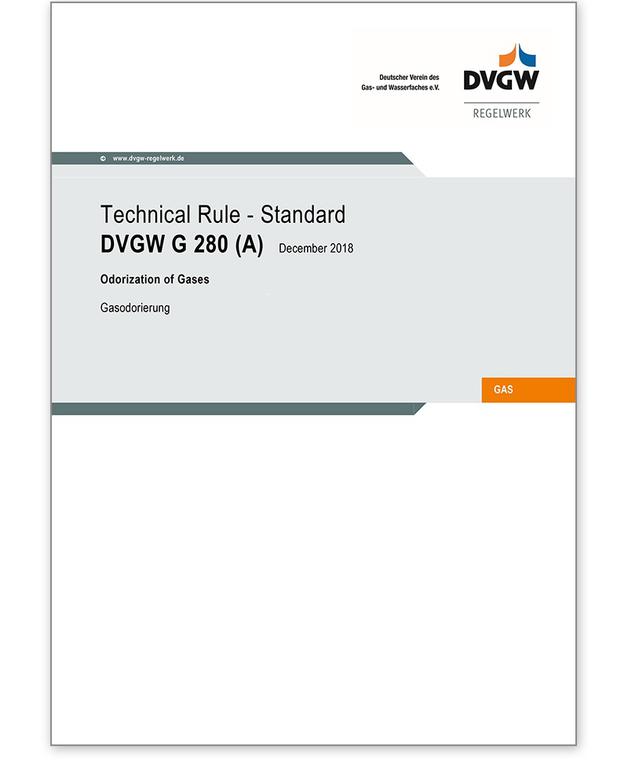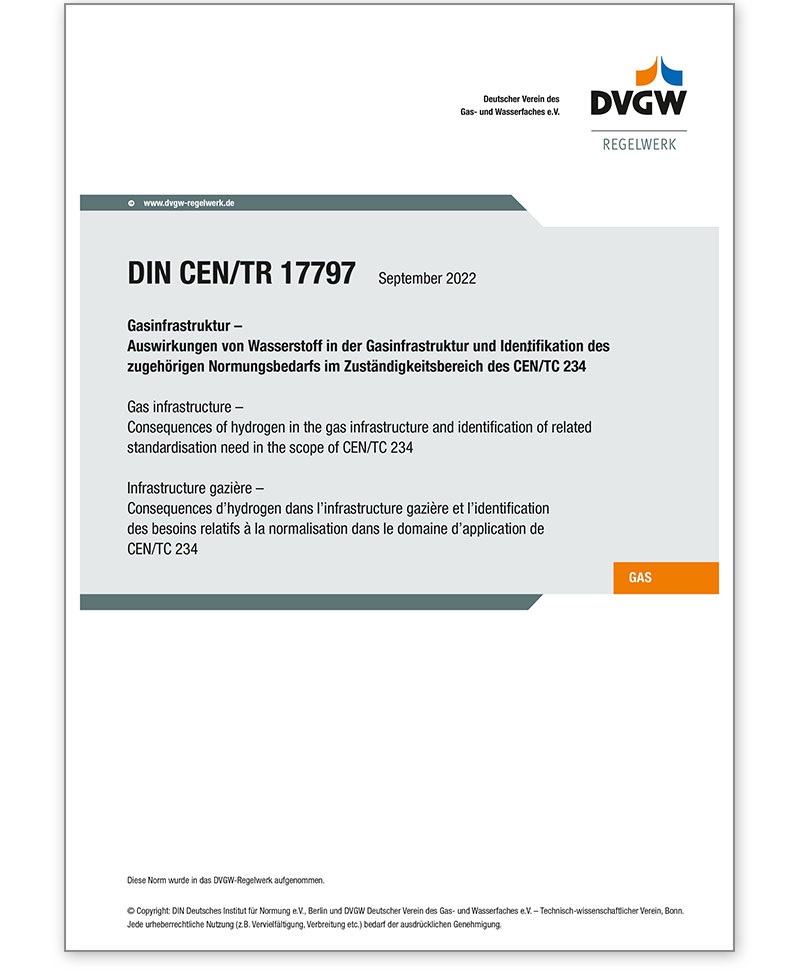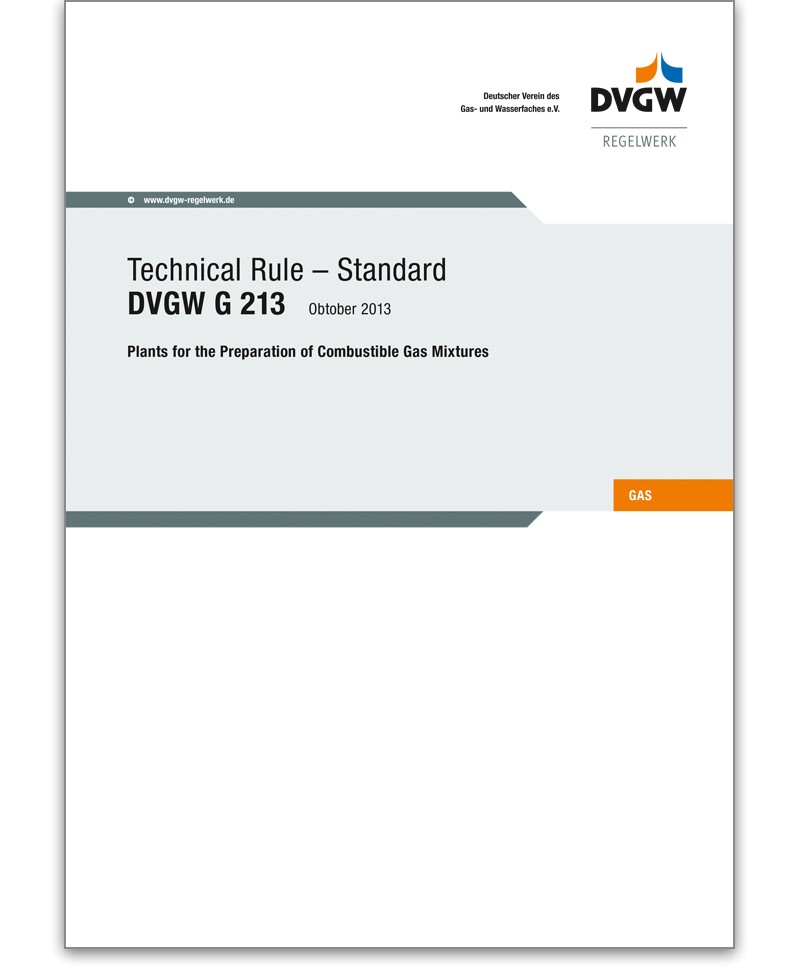Filter
–
Gas properties
Gases are used in many areas of our everyday life - whether in private households or in industry. The DVGW regulations and standards in this section provide information on the properties of natural gas, liquefied petroleum gas and biogas. They also deal with the characteristic features of gases and the areas in which they are used.
G 260 Technical Rule 09/2021
110,68 €*
This Technical Rule G 260 specifies the
requirements for the quality of fuel gases used
in the supply of the general public with gas and
sets the parameters for gas delivery, gas
transportation, gas distribution, gas storage,
operation of gas plants/systems and gas
appliances for commercial and industrial gas
applications as well as for development,
standardization, and testing.
Gases transported in separate pipelines which are
not used in the supply of the general public, or
are used as energy carrier or resource, and/or
are used in special gas appliances are not
subject to the scope of this Technical Rule.
G 280 Technical Rule 12/2018
110,68 €*
This Technical Rule G 280 applies to all gases
covered in DVGW Codes of Practice G 260 and G 262
respectively Standards DIN EN 16723-1 and -2 as
well as DIN EN 16726 and all gases used for the
supply
via pipeline system of the general public and
other consumers with a comparable level of
safety.
When using sulfur-containing odorants, the fact
shall be taken into account that the entailed
increase of
the sulfur content in the gas is undesirable for
some applications, such as its use as basic
material in the
chemical industry.
Industrial companies using natural gas
exclusively on company premises can forego
odorization if the
operator utilizes other measures to maintain the
industrial gas plant or system’s safety.
When switching from one odorant to another,
special attention shall be paid to Section 9.
The calibration of measuring devices for odorant
control requires test gases which are detailed in
Section
10.
DIN CEN/TR 17797 09/2022 - pdf-file -
192,50 €*
This document DIN CEN TR 17797 is written in preparation of
future standardization and provides guidance on how injection of H2 into the
gas infrastructure can impact processes from the input of gas into the on-shore
transmission network up to the inlet connection of gas appliances.
G 213 Technical Rule - Standard 10/2013
62,03 €*
This Standard shall also apply, mutatis mutandis, to gas mixing plants that supply process gas to trade and industry and to industrial gas mixing plants for in‑house mixed‑gas supply.Gas mixing plants are frequently integrated into gas measurement and pressure reduction stations, which latter shall meet the specifications of DVGW Standards G 491 and G 492. In other words, most of the requirements specified in these Standards will also apply to gas mixing plants. All other requirements that go beyond the scope of G 491 and G 492 are described in this Technical Rule at hand, which first and foremost complements DVGW Standard G 491.
